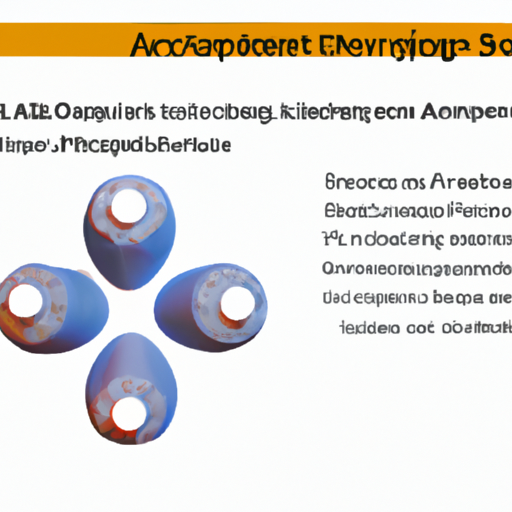Certainly! Rechargeable batteries, or secondary batteries, play a pivotal role in modern technology, enabling a wide range of applications from consumer electronics to electric vehicles and renewable energy systems. Below is a detailed overview of core functional technologies, key articles, and notable application development cases that illustrate the effectiveness of rechargeable batteries.
Core Functional Technologies
| 1. Lithium-Ion Batteries (Li-ion) |
| 2. Nickel-Metal Hydride Batteries (NiMH) |
| 3. Lead-Acid Batteries |
| 4. Solid-State Batteries |
| 5. Flow Batteries |
| 1. "Advancements in Lithium-Ion Battery Technology" |
| 2. "The Future of Solid-State Batteries" |
| 3. "Comparative Analysis of Rechargeable Battery Technologies" |
| 4. "The Role of Rechargeable Batteries in Renewable Energy Systems" |
| 1. Electric Vehicles (EVs) |
| 2. Grid Energy Storage |
| 3. Consumer Electronics |
| 4. Renewable Energy Integration |
| 5. Power Tools |
Key Articles and Research
Application Development Cases
Conclusion
Rechargeable batteries are at the forefront of energy storage technology, with continuous advancements enhancing their effectiveness across a multitude of applications. From electric vehicles to renewable energy systems, the ongoing development of these batteries is shaping the future of energy consumption and storage. As research progresses, we can anticipate even more innovative solutions that improve performance, safety, and sustainability in the energy sector.













